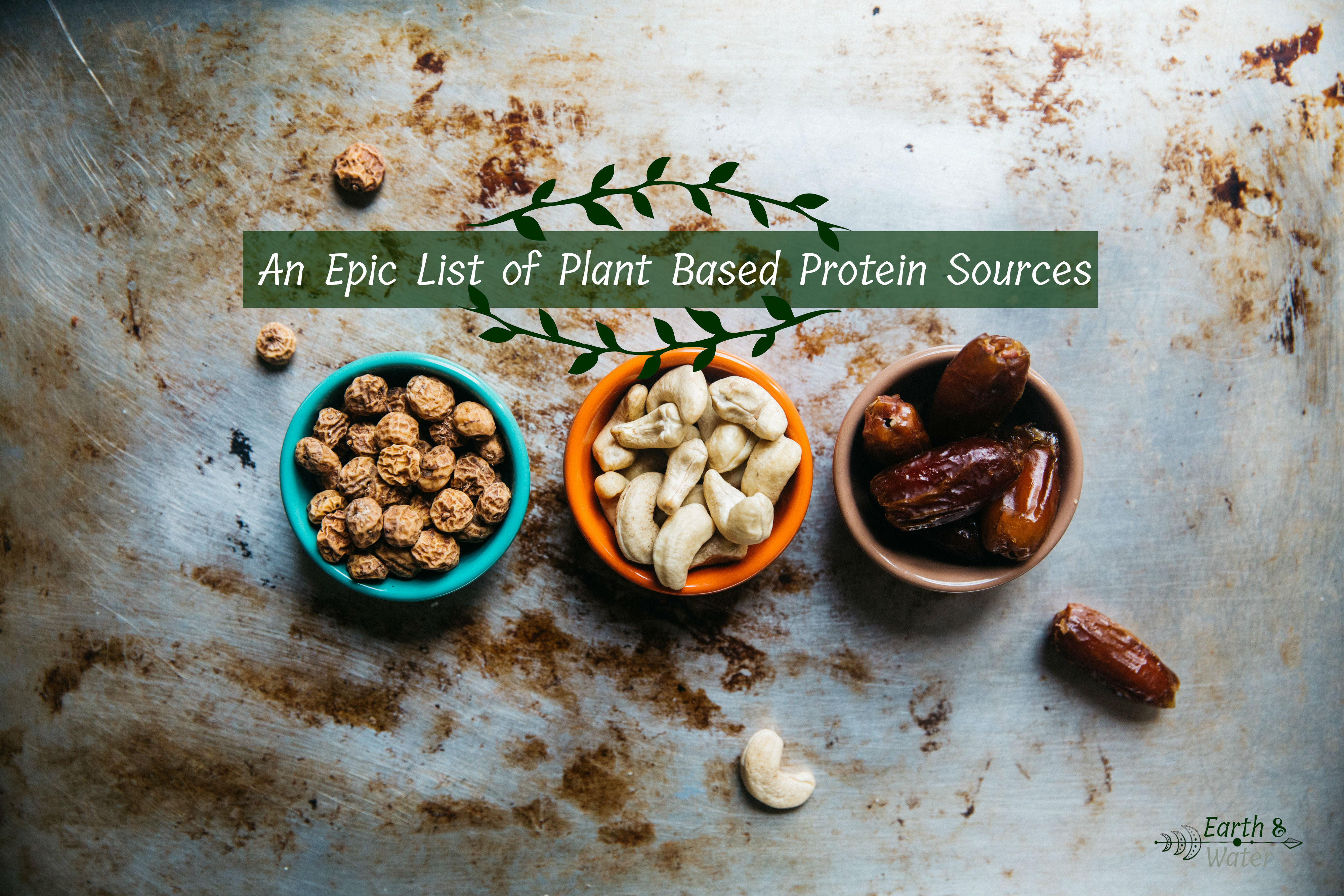The 10-Second Trick For "From Tofu to Tempeh: Delicious Ways to Incorporate Plant-Based Protein into Your Diet"

The Surge of Plant-Based Protein: A Much healthier and Sustainable Choice
In current years, there has been a notable increase in the popularity of plant-based healthy protein. Even more and more individuals are choosing for plant-based alternatives to typical pet products, such as meat product and dairy. This shift in nutritional choices is steered through various elements, featuring health problems, ecological sustainability, and reliable points to consider. As a result, the market for plant-based protein has experienced quick growth, with a wide array of products currently offered to individuals.
One of the primary main reasons why folks are turning to plant-based healthy protein is for its wellness benefits. Plant-based healthy proteins are generally lesser in saturated excess fats and cholesterol matched up to animal-based healthy proteins. They likewise have a tendency to be higher in fiber and many crucial nutrients such as vitamins, minerals, and anti-oxidants. Through combining even more plant-based healthy proteins into their diet regimen, individuals may improve their overall health and wellness and lower the threat of persistent health conditions like heart ailment, diabetic issues, and certain cancers.
Furthermore, plant-based proteins supply a lasting option to traditional creature horticulture. Animals ranch is one of the leading contributors to green house fuel discharges, deforestation, water contamination, and biodiversity reduction. The creation of pork requires vast volumes of information such as property, water, feed plants, and power. In contrast, increasing plants for protein production requires substantially fewer sources while likewise minimizing the environmental effect associated with animals ranch.

Plant-based protein resources feature beans (such as grains, lentils), entire grains (such as quinoa), almonds (such as nuts), seeds (such as chia seeds), soy products products (such as tofu), and also specific vegetables (such as spinach). These assorted resources provide substantial possibilities for individuals seeking to integrate even more plant-based healthy proteins right into their diet plan.
Thankfully for those intrigued in adopting a plant-based diet regimen or just lowering their intake of pet products there is currently a large range of plant-based protein products accessible on the market. Providers have developed ingenious plant-based substitutes to typical pet products, featuring plant-based meats, cheeses, dairies, and yogurts. These products are created to carefully imitate the taste, texture, and nutritional account of their animal-based versions while giving a much more lasting and reliable option.
Plant-based pork replacement have acquired specific interest in recent years. These products are usually produced from a blend of vegetation proteins such as soy, green, or wheat or grain and are often improved with flavors and seasonings to reproduce the taste of meat product. Plant-based hamburgers that "hemorrhage" like genuine chicken have become especially preferred among consumers appearing for a much more maintainable alternative to traditional meat hamburgers.
Key Reference of plant-based protein has also been fed through an enhancing recognition of the ethical concerns encompassing creature farming. Issues about animal welfare and the honest therapy of pets have motivated lots of individuals to reevaluate their diet selections. By opting for plant-based healthy proteins over animal products, people can line up their market values with their dietary desires.
In final thought, the increase of plant-based healthy protein as a much healthier and sustainable substitute is steered by various variables consisting of health benefits, ecological sustainability, and moral factors to consider. With an array of mouth watering and healthy choices accessible on the market today, it has never been less complicated for people to include more plant-based healthy proteins right into their diets. Through picking these substitutes over typical creature products, we may improve our health and wellness while additionally reducing our effect on the world and advertising much more caring options.
